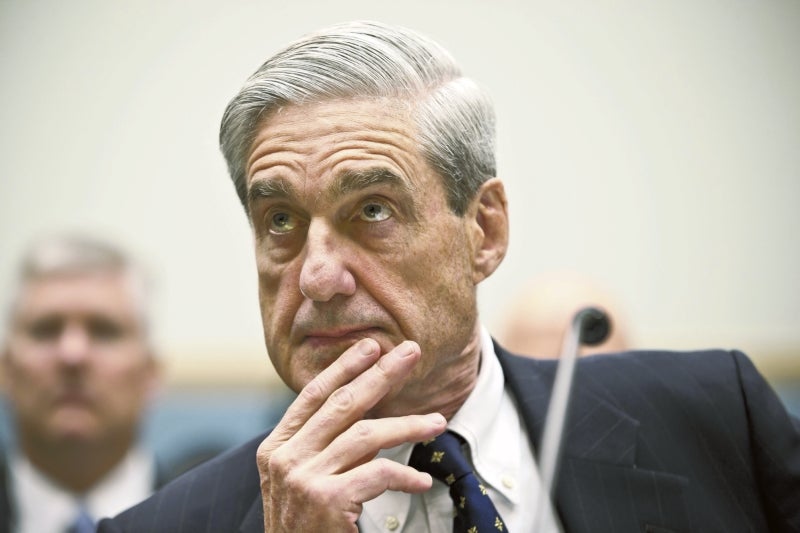Q&A: The mechanics of the Trump Russia special counsel
Published 12:47 am Thursday, May 18, 2017

- Will Robert Mueller come up with a big indictment or instead, like Kenneth Starr, be remembered more for his final report? (AP Photo/J. Scott Applewhite, File)
By Jeff Horwitz
Associated Press
WASHINGTON — Q. What will Robert Mueller do as special counsel?
A. Mueller is supposed to carry on the investigation that former FBI Director James Comey told Congress about before he was fired by President Donald Trump. That includes any links between Trump campaign associates and Russia, as well as “any matters that arose or may arise directly from the investigation,” according to the letter appointing him.
Q. What are a special counsel’s powers?
A. Under Justice Department regulations, a special counsel has all the authority of a U.S. attorney, including the ability to initiate investigations, subpoena records and bring criminal charges. One difference, however: Special counsels get to choose whether they inform the Justice Department what they’re up to. Before taking “significant” actions, however, the special counsel must notify the attorney general.
Q. Could a special counsel investigate things beyond simply the Russia connection?
A. Mueller has a broad mandate to determine the course of an investigation, but not an unlimited one. If he decides that something outside the scope of the letter appointing him needs investigating, he would have to ask for permission to expand his probe.
Q. What’s the difference between a special counsel and a special prosecutor or an independent counsel?
A. Independent counsels or special prosecutors don’t exist anymore. These are titles that were established by law following Watergate, and they expired in 1999. The Justice Department created regulations to keep the concept alive in the form of the special counsel. Patrick Fitzgerald, the former U.S. attorney appointed to investigate the outing of CIA agent Valerie Plame, was one.
Q. Who will work for the special counsel, and what sort of budget will Mueller have?
A. The Justice Department is supposed to supply staff for a special counsel — but Mueller can request specific people, or request the hiring of staff from outside the Justice Department. While working for Mueller, the staff will report to no one else. Mueller will have to propose a budget to the Justice Department within the next 60 days — and update it annually, for as long as the investigation runs. There is no expiration date for Mueller’s authority.
Q. Could Trump fire Mueller?
A. No, but Attorney General Jeff Sessions’ deputy, Rod Rosenstein, could. Special counsels can be fired only by the “personal action” of the attorney general. Since Sessions has recused himself from the Trump Russia investigation, Rosenstein — who signed the letter appointing Mueller as “acting attorney general” — is the only person with the authority to curtail Mueller’s work. Such a firing would require a finding of incapacity, misconduct or “good cause.” Whatever the reason, Rosenstein would have to inform Mueller in writing.
Q. Will the results of the investigation become public?
A. Not necessarily. When a special counsel closes shop, he or she must give the attorney general a confidential report explaining the decision to bring charges or drop the matter. The attorney general would have to notify Congress of the conclusion, but can decide whether to make the special counsel’s report public.


